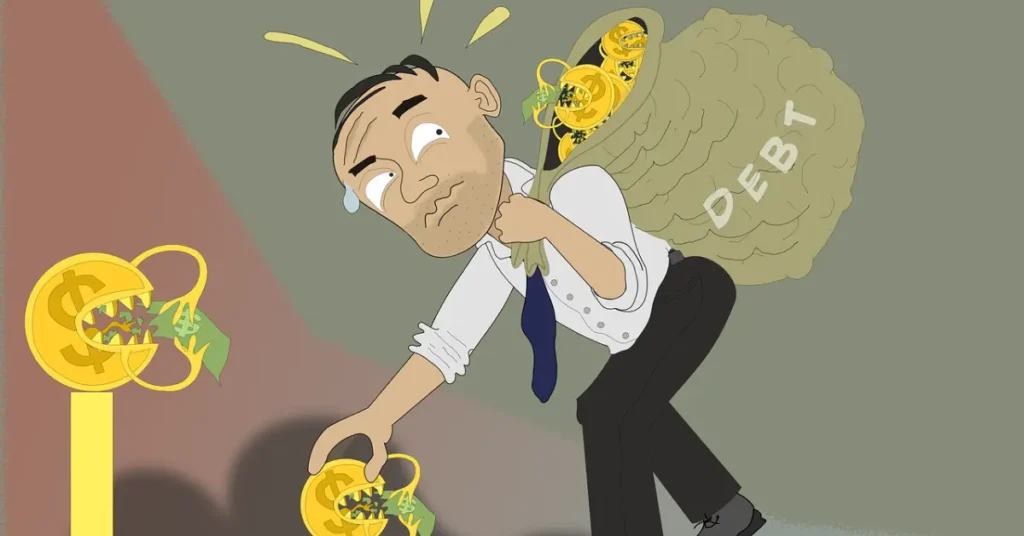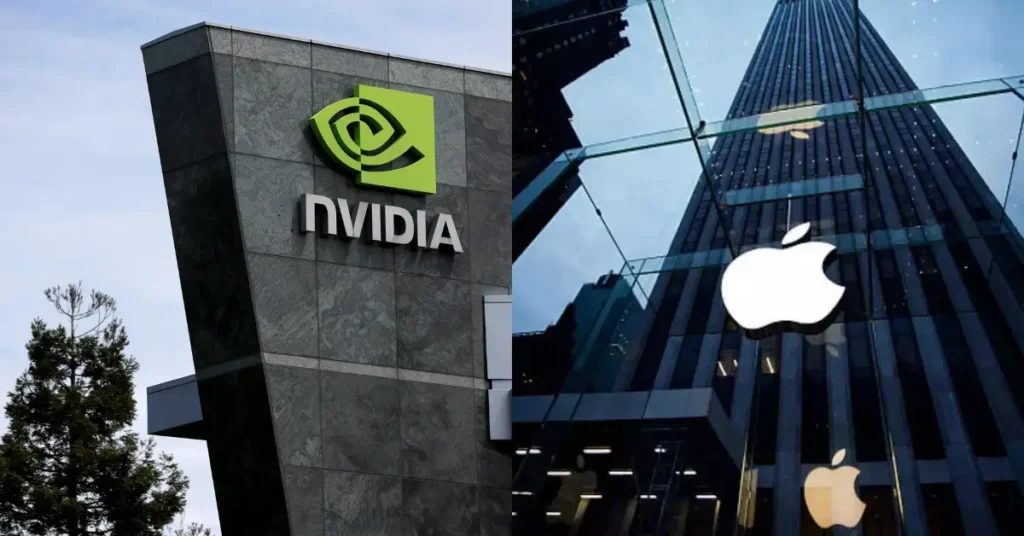Global Economic Challenges
As investors sift through the latest International Monetary Fund (IMF) warnings, it becomes clear that global markets are in for a bumpy ride.
High government debt, slowing economic growth, and geopolitical tensions create an uncertain environment for investors, particularly those in emerging markets and sectors heavily reliant on international trade.
This article explores how these factors could impact key markets and what investors should watch for in the coming months.
Market Overview: Debt, Trade, and Geopolitical Risks
In her recent address, the IMF’s Managing Director, Kristalina Georgieva, highlighted several key risks to the global economy. The most pressing concern? High debt levels.
As governments have relied heavily on borrowing to fuel their economies, particularly during the COVID-19 pandemic, the sustainability of this debt is now in question.
For investors in emerging markets, these developments are especially worrisome. Many of these economies depend on international trade and are sensitive to shifts in global growth and trade policies.
As Georgieva pointed out, international trade is no longer the “engine of growth” it once was. Countries are increasingly adopting protectionist measures, such as tariffs, which further slow global trade—a key concern for sectors like manufacturing and technology.
- Key Takeaway: Investors in trade-dependent sectors, such as technology and manufacturing, should closely monitor international trade policies and shifts in government debt strategies. Protectionist measures, especially between major economies like the U.S. and China, could result in lower growth and increased market volatility.
Impact on Investors: Opportunities and Risks
Investors now face an environment of low growth and high debt, which could result in slower returns and more risk.
For those in the tech sector, for instance, global supply chains are becoming less predictable, and rising tensions between major economies are limiting growth opportunities.
However, these disruptions also create opportunities for innovation, as companies seek to localize production or find alternative markets.
Emerging market investors should also remain cautious. These economies often rely heavily on foreign investment and trade, and with international trade slowing, their growth prospects may diminish.
On the flip side, the push for green energy transitions—another topic discussed at the upcoming IMF and World Bank meetings—could offer significant opportunities in clean technology and renewable energy sectors.
- Key Takeaway: While the tech sector faces challenges from slowing trade and higher debt burdens, investors should explore opportunities in the green energy sector, where innovation and government support could drive significant long-term growth.
Looking ahead, the global economic landscape remains fragile. As Georgieva noted, many central banks have successfully tamed inflation without causing large-scale job losses.
However, the higher price levels that linger—particularly in energy and food—will continue to squeeze consumers and businesses.
For sectors like consumer goods and energy, this presents both challenges and opportunities. Higher input costs could squeeze margins, but companies that adapt by localizing supply chains or adopting more sustainable practices could thrive in this environment.
Meanwhile, investors should also keep an eye on the Middle East conflict, which could further disrupt global oil and gas markets.
As energy prices rise, companies in alternative energy may see a boost, making sectors like solar and wind energy attractive to long-term investors.
Also, Read | Waaree Energies IPO: A Game Changer for India’s Solar Industry?
- Key Takeaway: Investors should stay informed about energy market fluctuations and geopolitical tensions in the Middle East, as these could create volatility in traditional energy markets while boosting opportunities in renewable energy.
Opinions:
Investors should closely monitor rising debt levels and protectionist policies, “The ongoing trade tensions between major economies like the U.S. and China are not just a temporary disruption—they’re reshaping how global supply chains operate.
For long-term investors, this means looking at companies that can adapt to localized production and innovation in areas like green energy.”
“Emerging markets will face headwinds as international trade slows, but the green energy transition presents a unique growth opportunity.
Governments are increasingly prioritizing sustainability, which could lead to a surge in clean tech investments over the next decade.”
Conclusion: Stay Informed, Stay Prepared
In these challenging times, investors need to remain informed and proactive. The IMF’s warnings about high debt, slowing trade, and geopolitical risks are signals that the global economy is heading into uncertain territory.
However, with uncertainty comes opportunity—particularly for those invested in sectors like green energy and technology.
Stay tuned for a more in-depth analysis of market trends and how to adjust your investment strategy. Check out our related articles on emerging market opportunities and upcoming economic reports to stay ahead of both challenges and opportunities.



